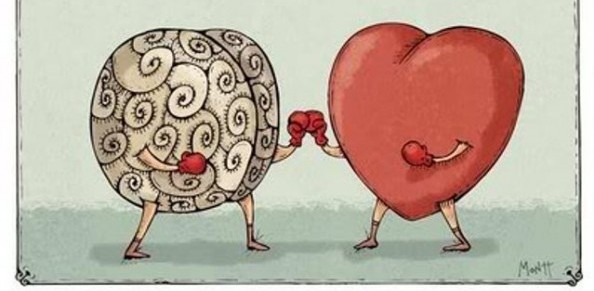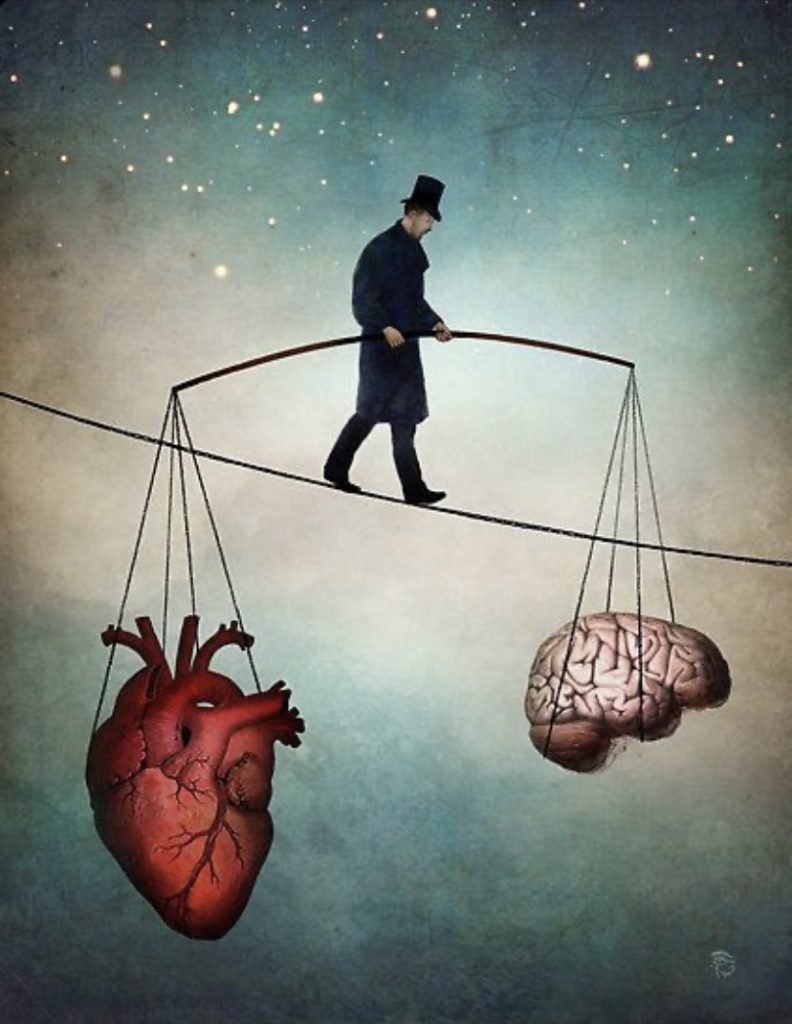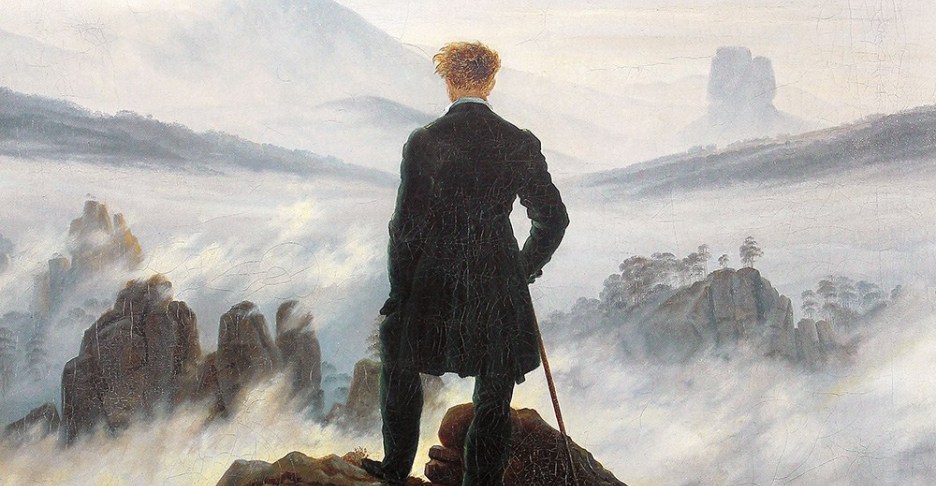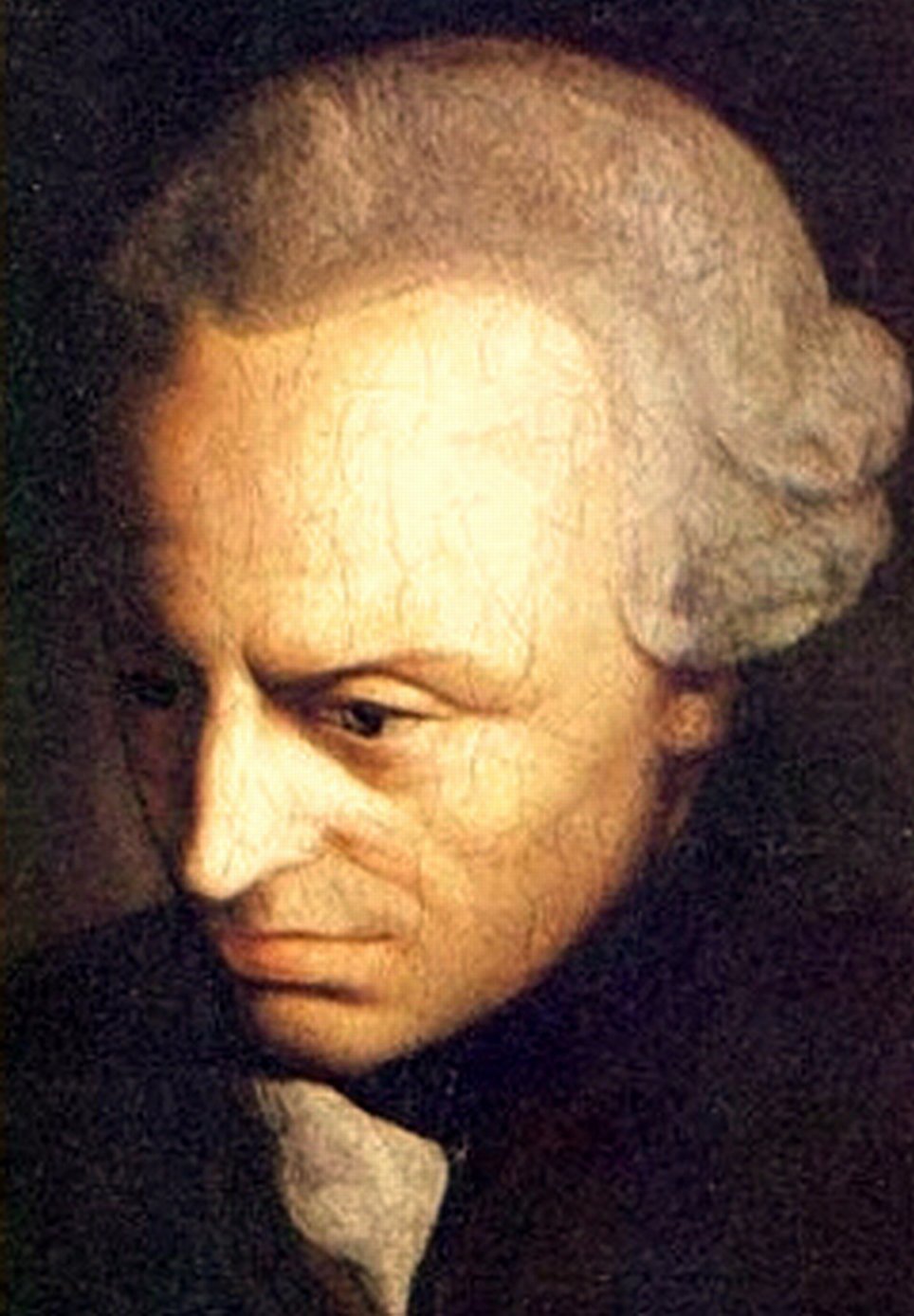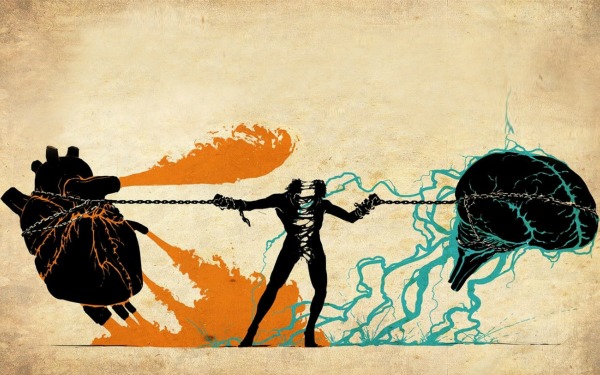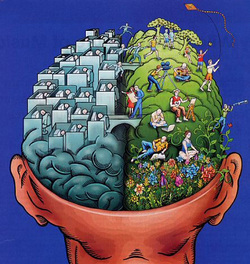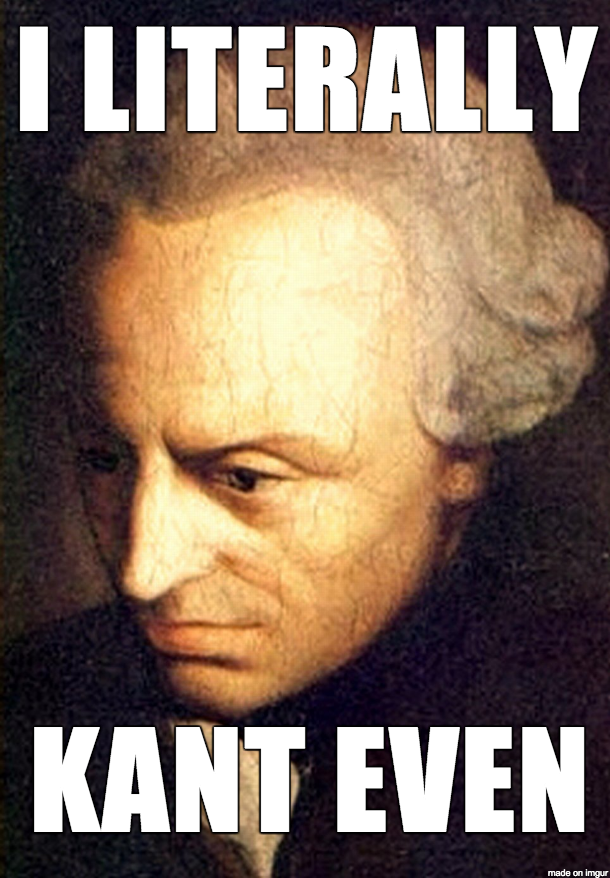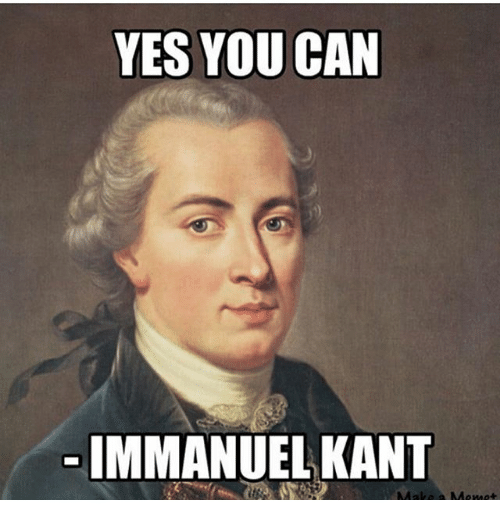This class has explored both the importance of factual reasoning and logic as well as the importance of grounding ourselves in emotion and our inner feelings. We as humans can try our hardest to be as logical as possible and follow strict guidelines that we place on our morals and actions, but anyone knows that real life is about integrating the human emotion and the unpredictable things that happen to us with the use of reason and logic. Both of these ideas contribute to our human nature which is why I don’t favor either but recognize the importance of both.
It’s easy to see how these ideals are implemented into current Western society. For example, one of the things that the Enlightenment era focused on was religious ideals and being able to establish a personal relationship with God and not just follow the sayings of the Bible. The way that our morals and actions are formed come from an inner understanding of what’s right and wrong and not just rules that tell us what to do, and the condemnation of devout blind religious devotion is something that has seeped into our society today. Today, most religious relationships with God focus on a deeper set of understanding as opposed to just doing something because the Bible says so. Focusing on the intent behind one’s actions and not just the consequence relates to moral principles that were discussed by Kant, Rousseau and other Enlightenment writers. Romanticism also seeps it’s way into our current society by having us focus on the individualism and uniqueness of each person. Our art, our music and our literature are affected by romanticism ideals of focusing on the human experience and reflecting on the emotions that we face. Through our art and sharing our experiences we can empathize with others and coexist. Without the integration of those two ideals, it would be very hard to go through day to day life without rationality and self-reflection of the emotions and feelings we have.
As for the past 3 HUM classes and now this one, I think my main takeaway is being able to see how the human experience develops. We are a product of the people and ideas that come before us whether or not we choose to reject or continue traditions and ways of thinking. How we choose what is right and wrong, how we choose to treat others, how we choose to make decisions has been evaluated through so many different author’s perspectives and being able to see how they are influenced by the society and events around them helps us to better understand why different perspectives flourished the way that they did.
